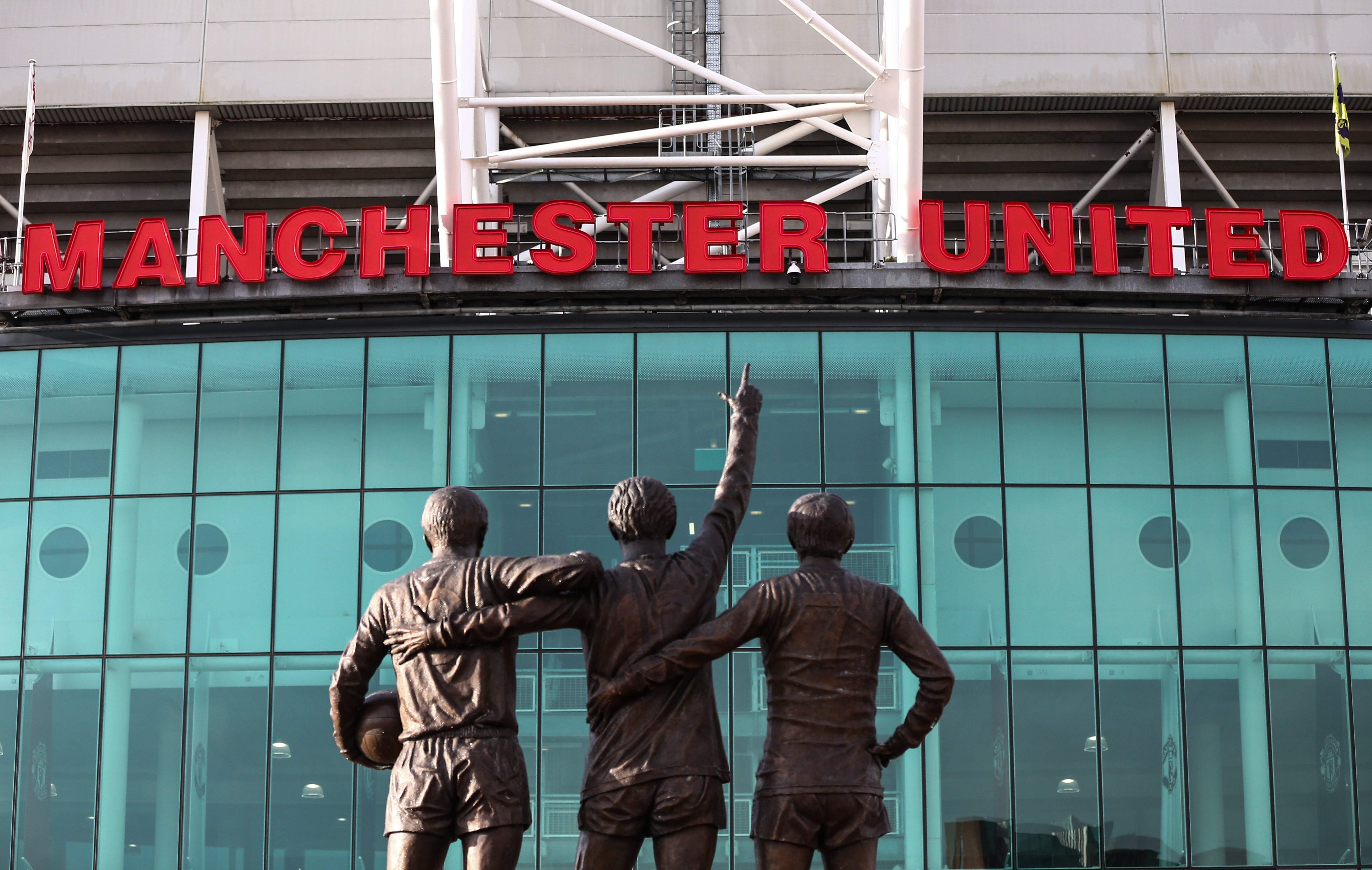Fergie, the racehorse and the battle for Manchester United’s soul: inside the Glazer years at Old Trafford
An ugly falling out over a racehorse between Sir Alex Ferguson and two Irish billionaires. A high stakes summit hosted at Donald Trump’s gaudy Palm Beach resort. Two decades of furious fan hatred. In an extract from his new book, Chris Blackhurst reveals how the enigmatic Glazer brothers took control of Manchester United – and shattered its soul

As if ending champions Arsenal’s 49-game unbeaten run were not enough, Manchester United supporters had more reason to celebrate at the end of October 2004 when the club rejected a possible £800m takeover by Malcolm Glazer.
In a statement to the London Stock Exchange, the United board said that it would regard an offer from the American tycoon as “not being in the best interests of the company”. The board said that it had “terminated discussions” with the club’s second-largest shareholder three weeks after first revealing a potential bid was on the table...
The fans were cock-a-hoop. Malcolm Glazer and his sons had been seen off; their swanky, uncaring City of London advisers had also gone.
Subscribe to Independent Premium to bookmark this article
Want to bookmark your favourite articles and stories to read or reference later? Start your Independent Premium subscription today.
Join our commenting forum
Join thought-provoking conversations, follow other Independent readers and see their replies